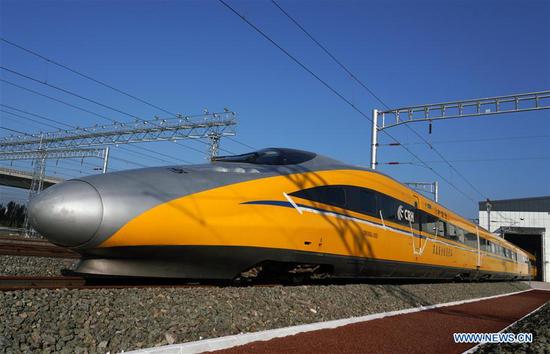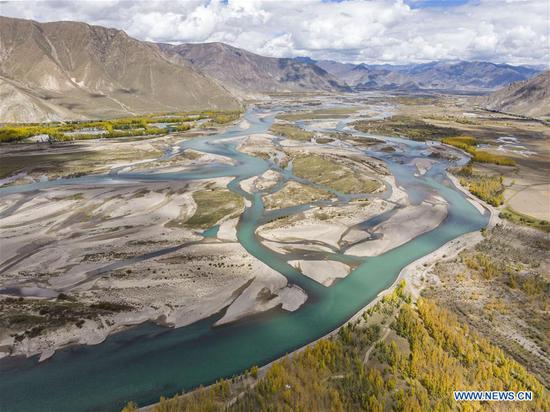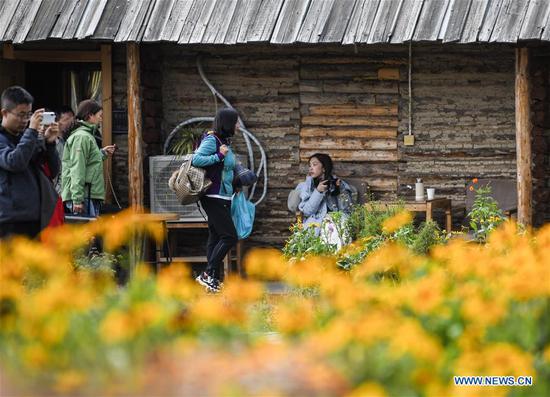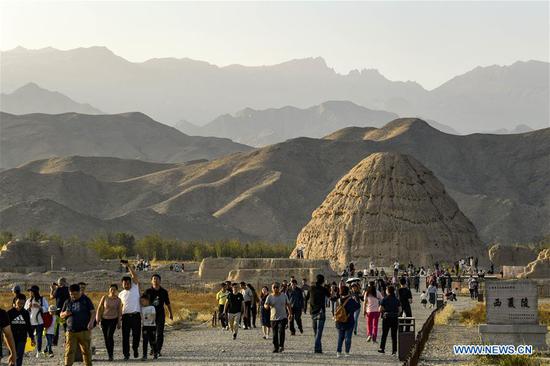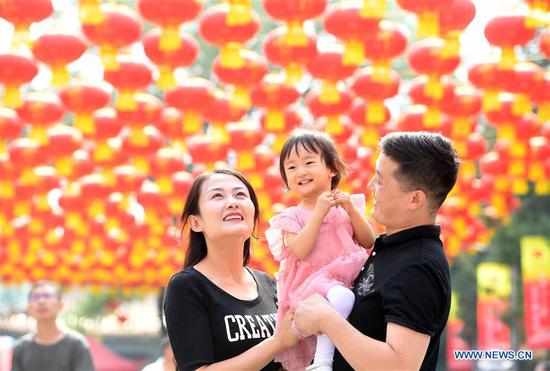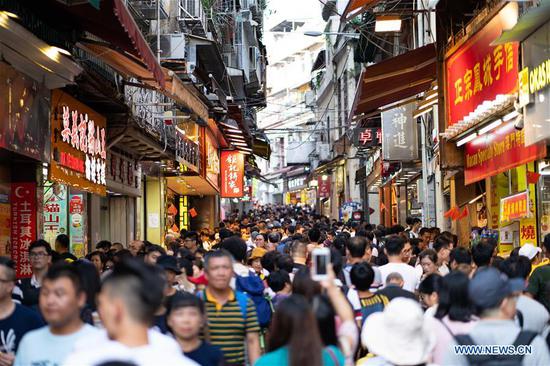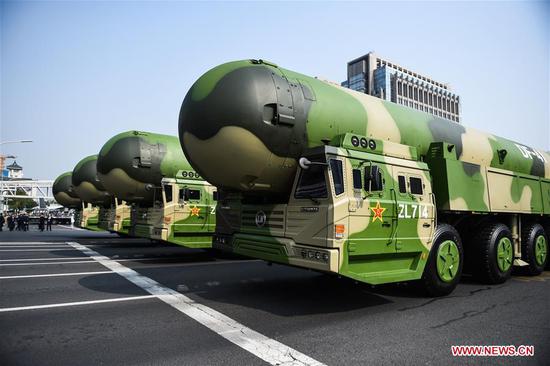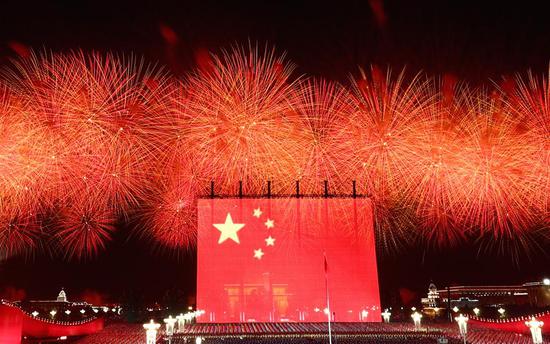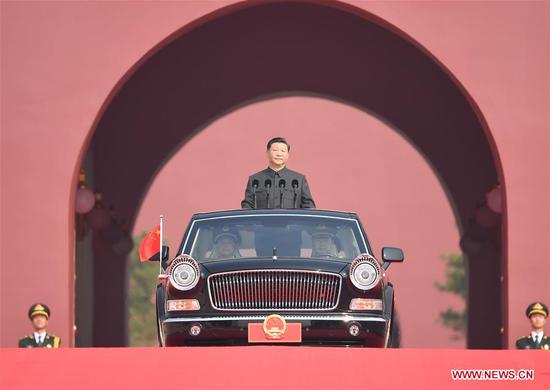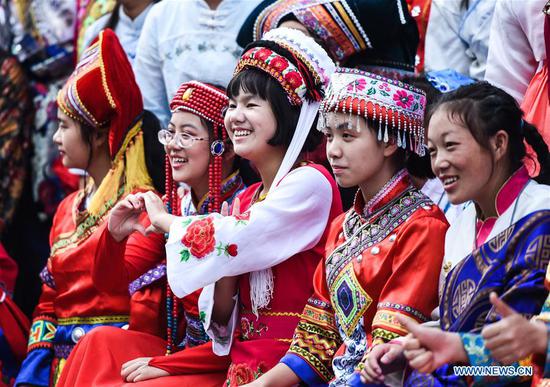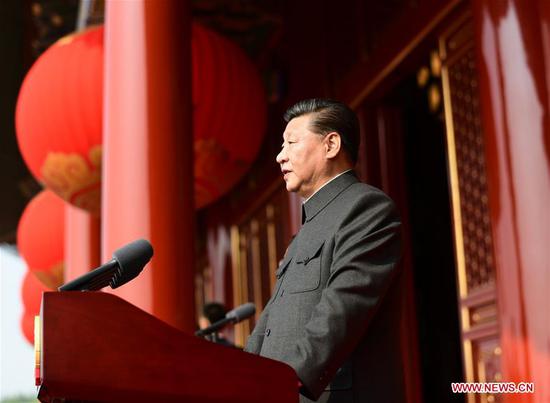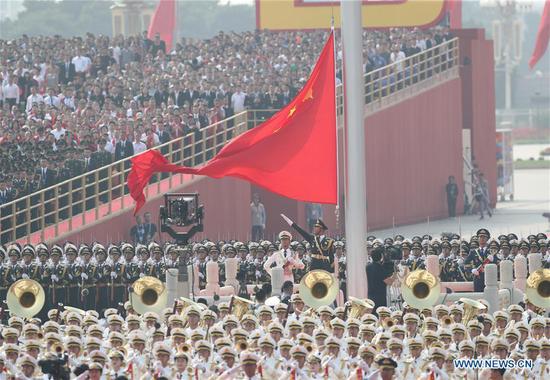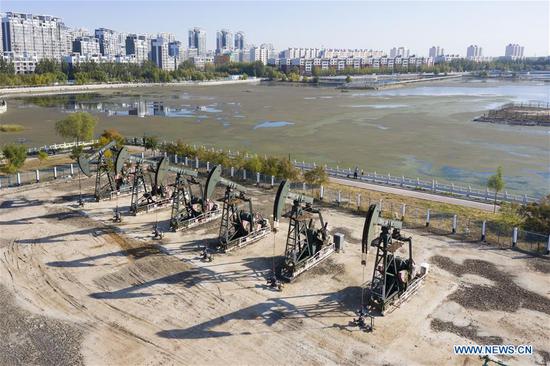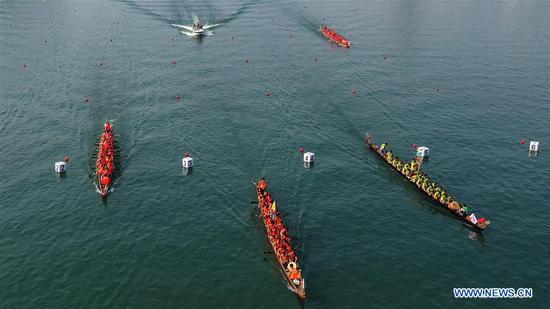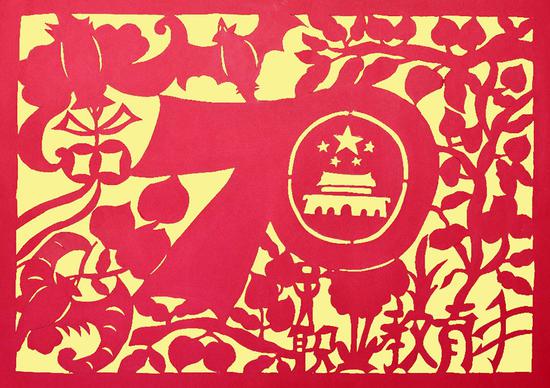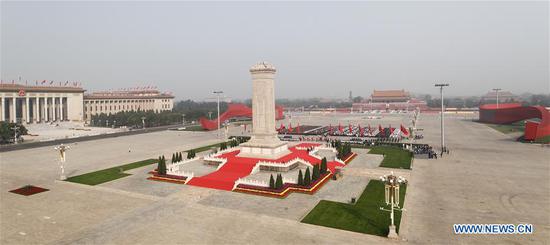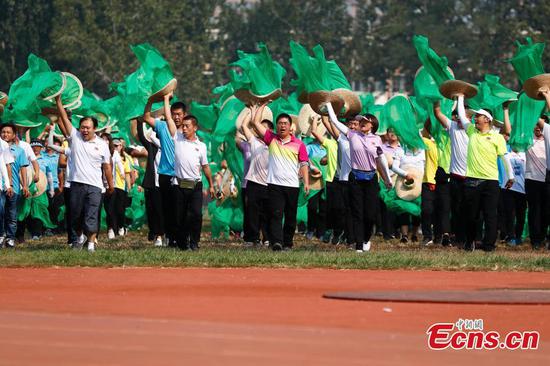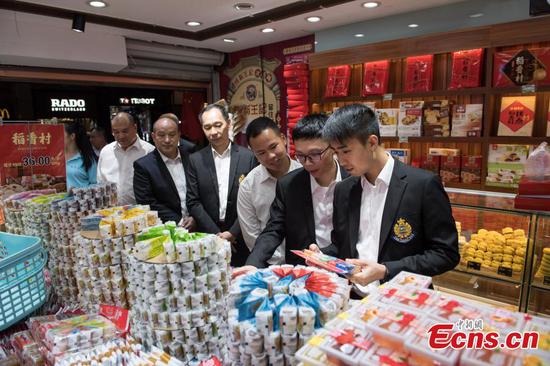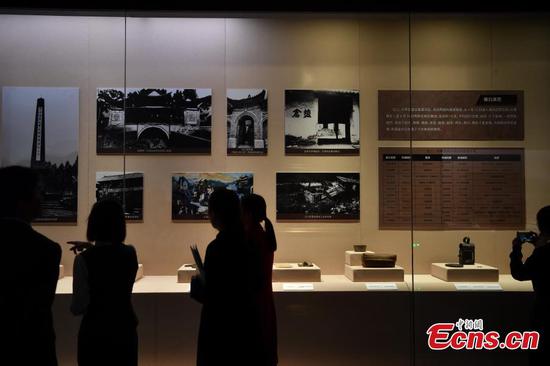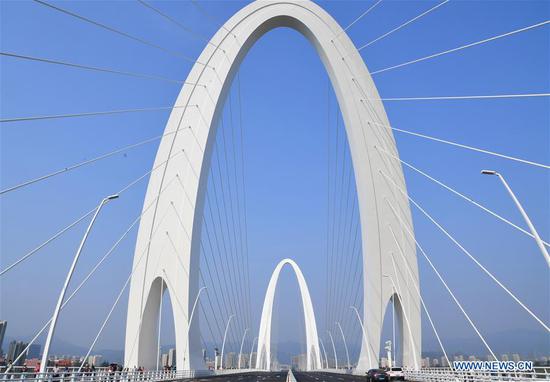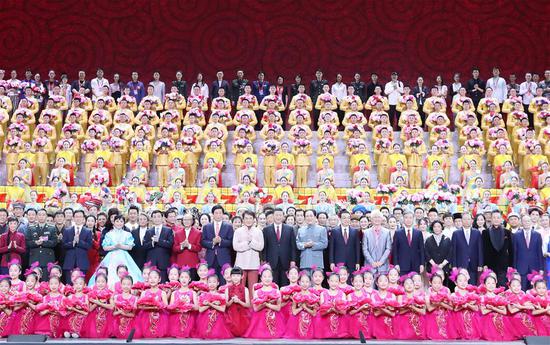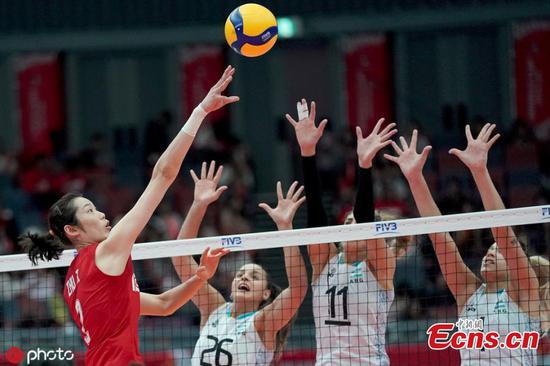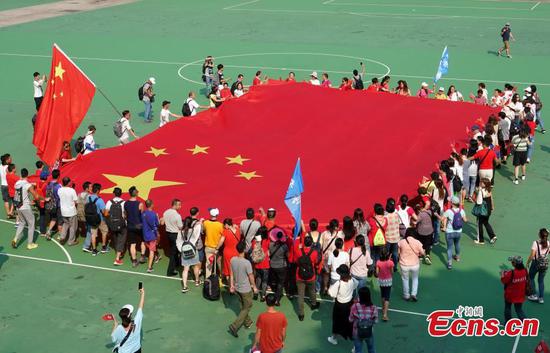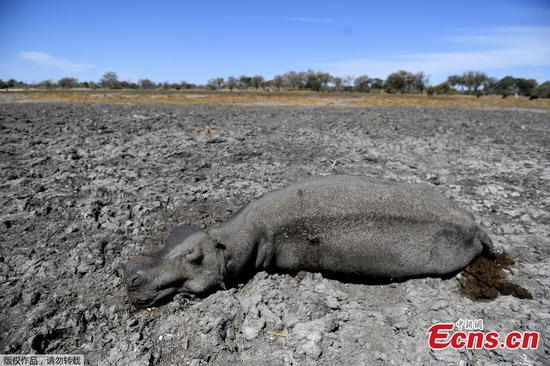China's foreign exchange reserves will remain stable with the support of the country's overall economic resiliency and potential, Wang Chunying, spokesperson for the State Administration of Foreign Exchange (SAFE) said in a statement on Sunday.
At the end of September, China's foreign exchange reserves rose 0.6 percent from the beginning of this year to $3.09 trillion, an increase of $19.7 billion, according to the statement. Compared with August, reserves fell $14.8 billion.
The fluctuation in foreign reserves is largely attributed to changes in foreign exchange rates and assets prices, Wang said. Other uncertainties, including the global economic slowdown and the rise of trade protectionism and unilateralism will contribute to the volatility in the international markets, the statement said.
Tian Yun, a vice director of the Beijing Economic Operation Association, forecast that despite uncertainties such as the China-U.S. trade war, China's foreign reserves are expected to remain under control in the medium to long term, and capital outflow will remain under check.
"Under the backdrop of a slowing global economy and the trade war, there is a drag on foreign exchange reserves caused by the slowing growth in exports," Tian told the Global Times on Monday.
According to China's General Administration of Customs, in August, exports increased 2.6 percent year-on-year, compared with a 10.3 percent increase in July.
Exports, along with foreign investment, are the two major components of foreign exchange reserves, Dong Dengxin, director of the Financial Securities Institute at the Wuhan University of Science and Technology, told the Global Times. But as the yuan becomes increasingly internationalized, reliance on foreign exchange will gradually reduce and gold reserves might be ramped up.
"Short-term volatility is still largely under control. As both China and the U.S. are inclined to reach a deal in their negotiations, foreign reserves are also expected to remain stable in the medium term," Tian said.
Tian noted that the amount of foreign reserves is ultimately determined by overall economic growth and competitiveness in the global market. As China upgrades its economic structure and strengthens industrial technologies, there is further room for growth in foreign reserves.









